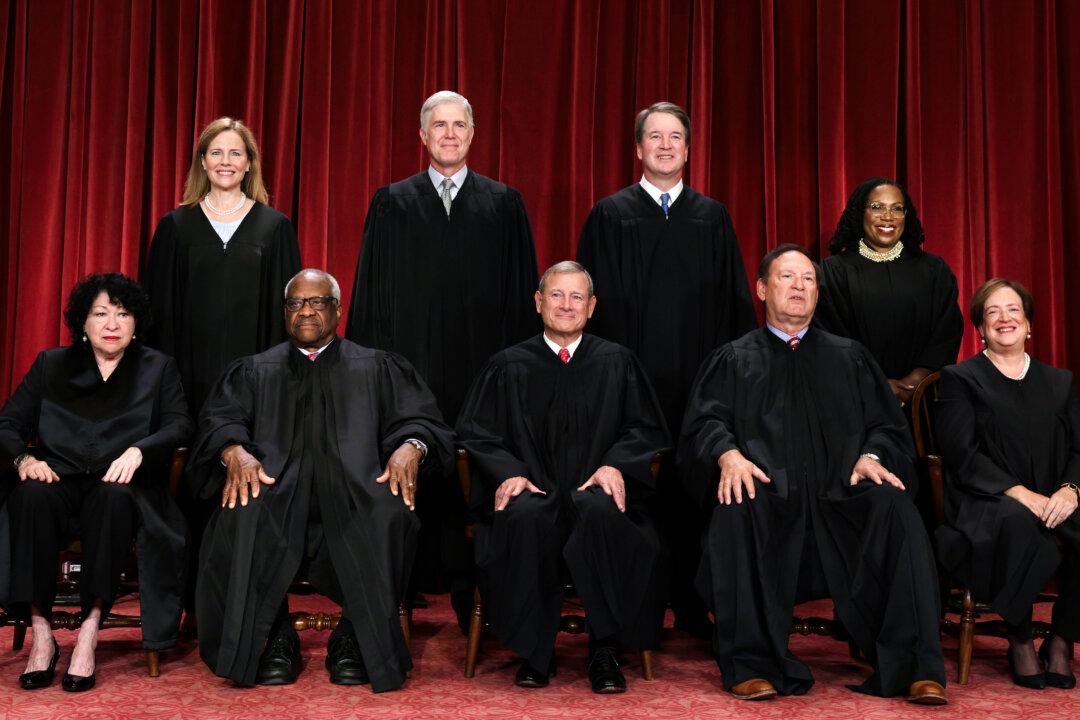The U.S. Supreme Court on Dec. 12 declined to intervene in a Voting Rights Act-related ruling issued by a lower court that had invalidated a Republican-drawn commissioners map in a Texas county.
However, the high court’s order means that the Galveston County Commissioners Court map that was drafted by Republicans can remain intact.





